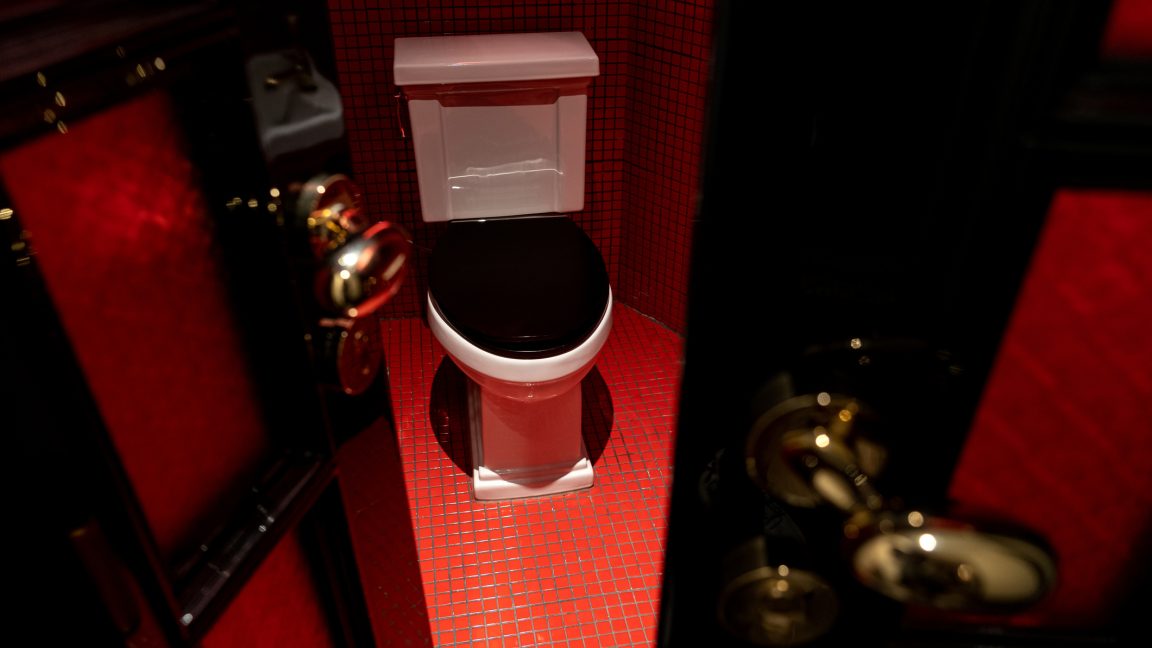Tech legal expert Eric Goldman wrote that a victory for the plaintiff could be considered “a dangerous ruling for the spy cam industry and for Amazon,” because “the court’s analysis could indicate that all surreptitious hook cameras are categorically illegal to sell.” That could prevent completely legal uses of cameras designed to look like clothes hooks, Goldman wrote, such as hypothetical in-home surveillance uses.



So is it just Amazon getting hit for this? Or will they be going after the manufacturer as well? Also, what about all the other companies that sell spy cams? Do they get a pass?
Nowadays it’s hard to tell the difference between Amazon and Ali Express. Even if it’s a third-party dropship business selling through Amazon, it’s still Amazon doing the listing, selling, and transaction processing.
Even if you argue that the same store can sell stuff elsewhere, Amazon is still the one selling those. At best, you’d need to argue that after hitting Amazon, other stores should follow.
It depends. This case is brought against Amazon because the plaintiff was specifically (allegedly) injured by a product sold by Amazon. The judge/jury might find that Amazon’s safety practices were negligent, which might have a ripple effect on other retailers safety practices. Alternatively, the judge/jury might find the products themselves are illegal, which would impact the whole industry*.
* So technically only the court / circuit the litigation is being brought in, unless it’s appealed to the Supreme Court. Then the verdict impacts the whole country.
Removed by mod